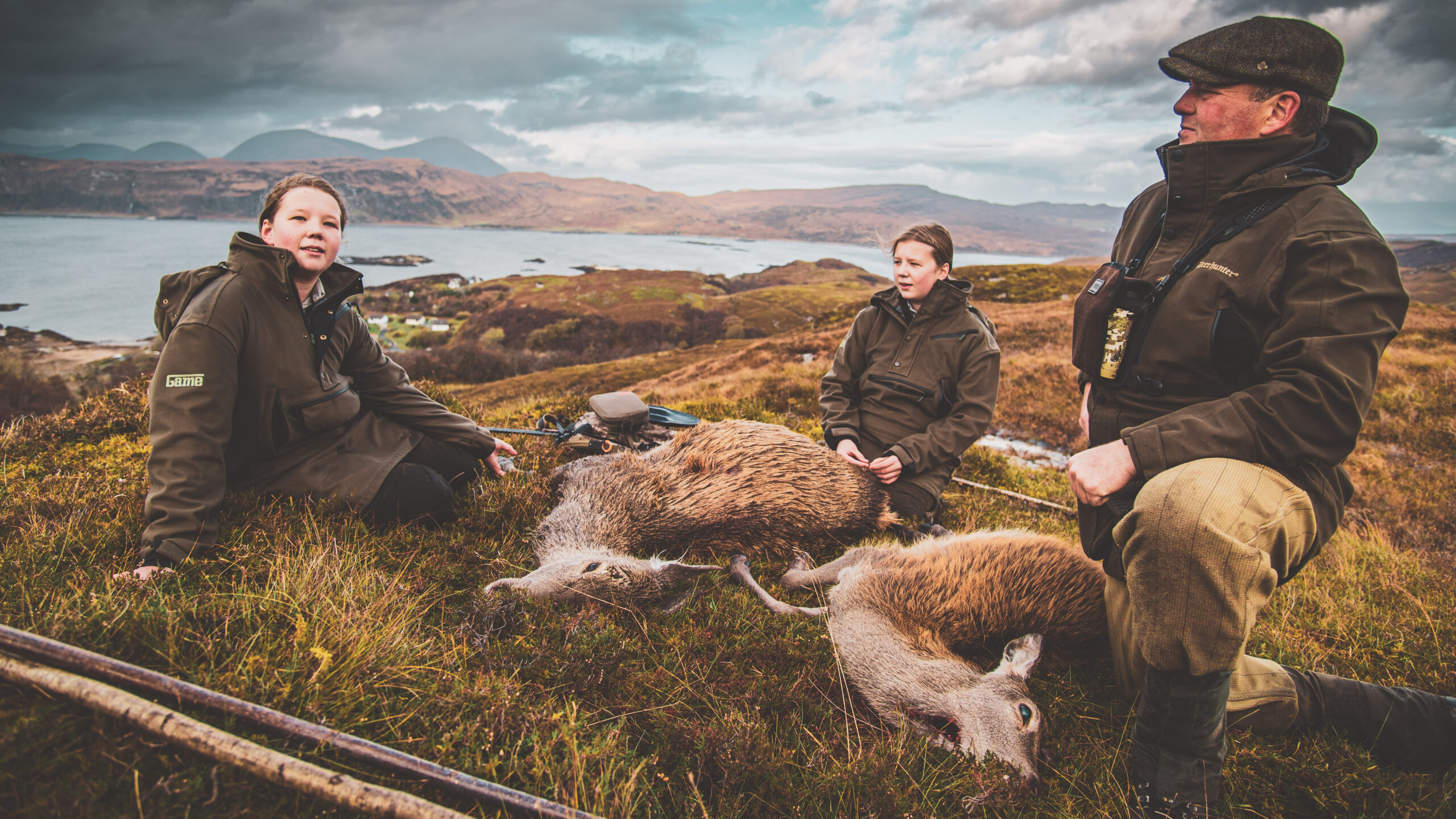“The Last Keeper” begins with grisly scenes of what looks to be an indiscriminate shooting of elk on the Scottish highlands, driven from helicopters flying menacingly above, leaving prey lying where they fell, fodder for carrion.
An anti-hunting documentary, right? Not so fast.
Filmmaker Thomas Opre soon appears on the screen — outfitted in his own outdoorsman gear — shifting the focus to hunting lodges and the keepers there who cull the herds from the ground. Sure, they sometimes chase prey, particularly birds, so that they’re easier to shoot, but otherwise manage wildlife in their own efforts of what they consider conservation.
The lodges bring in tourism with all those visiting hunters to the hills, and means steady business for surrounding mom and pop butcher shops, kilt makers and restauranteurs.
And yet, Opre warns, a little heavy-handedly, “Scotland today is in the midst of a battle over land use,” and it’s clear which side he’s on, against those calling for a more natural approach to the outdoors, sometimes called wilding.
On one side, he says, are “so called conservation groups, politicians and climate activists. On the other are landowners and the rural communities impacted by their decisions.”
Opre possibly overstates this land use conflict, conflating it with the biggest battles from Scottish history as retold early in the film by raffish online historian Bruce Fummey. It all proves much more complicated than all that and eventually gets into arcane details like whether planned burning of heather hurts the peat (they prove it doesn’t by burying a chocolate bar that escapes unmelted).
As satisfying as it is to see the sweeping cinematography of the scenic glens, it’s unsettling to hear John Muir conservationists given a bad name. Or to buy into the idea that these large hunting lodges that have for generations catered to the landed gentlemen hunters, are the victims somehow when humane or environmentally-minded regulations come down.
Chasing herds of red deer or grouse into the waiting fire of visiting hunters can’t be anybody’s ideas of sportsmanship.
Scottish lawmakers are criticized for new regulations but aren’t asked to give their side of the story.
By eventually concentrating on a groundskeeper who is leaving his job because of outside pressures, the film is meant to conjure sympathy for its title subject. But surely there are hundreds of stories of displacement, change and joblessness in any number of industries in the present economy that would be just as compelling or more so (this guy will do fine).
Eventually, it’s clear that, however handsomely shot, “The Last Keeper” has a pro-hunting lodge intent that also seems to be keeping some of the full picture of this perceived problem away from us.
